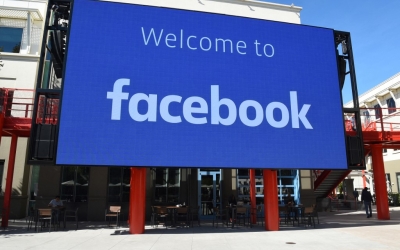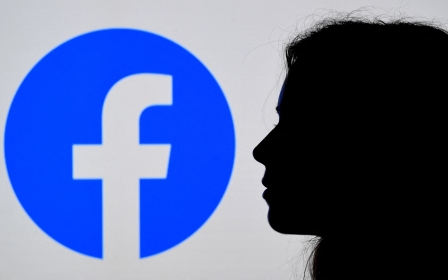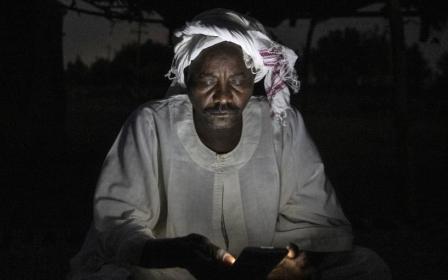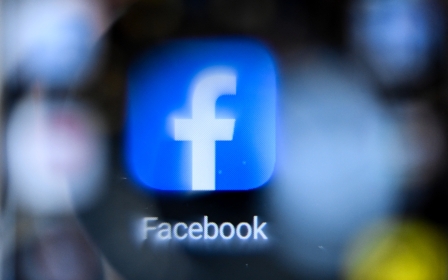Facebook's Arabic language gaps leading to content suppression: Report
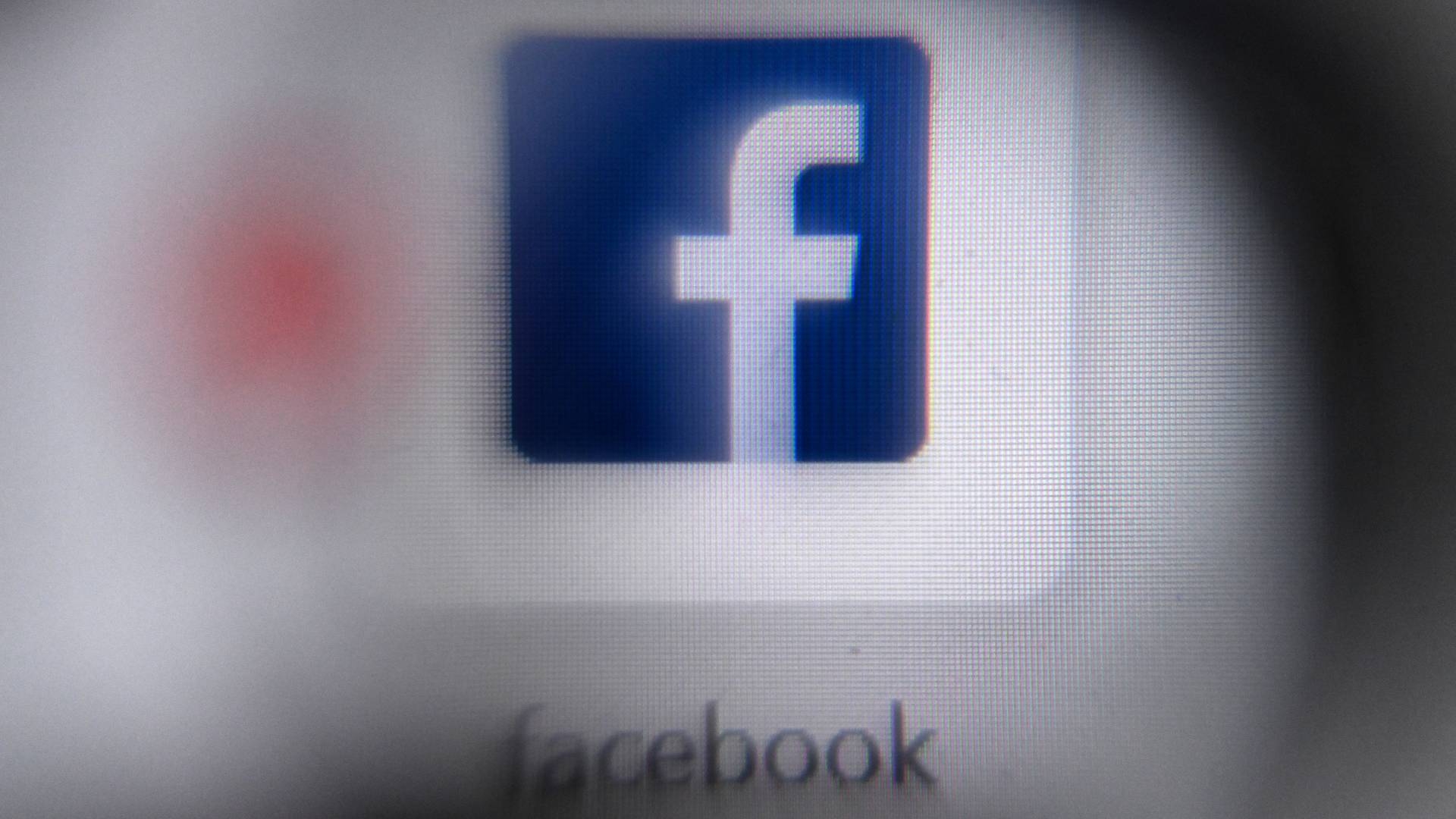
Internal documents from a Facebook whistleblower have claimed the company often suppresses ordinary speech and silences users across the Middle East, due to a flawed content moderation system and a lack of content reviewers that speak Arabic.
The documents, leaked by former Facebook product manager Frances Haugen and reviewed by a consortium of American news organisations including the Associated Press, said the company was "incorrectly enforcing counterterrorism content in Arabic" and that the current moderation system "limits users from participating in political speech, impeding their right to freedom of expression".
Criticism, news reporting, or even the mention of certain groups listed on Facebook's "dangerous individuals and organizations" list have been reasons for taking down content and punishing users.
The blacklist includes a number of entities, including Gaza's ruling Hamas party, Lebanon's Hezbollah, along with many other groups across the Middle East, the internal documents show, resulting in what Facebook employees described in the documents as widespread perceptions of censorship.
"If you posted about militant activity without clearly condemning what’s happening, we treated you like you supported it," Mai el-Mahdy, a former Facebook employee who worked on Arabic content moderation until 2017, told the AP.
The internal documents also found that the social media giant mostly outsources its content moderation to local hires in Morocco, many of whom falsely claimed that they could understand every one of Arabic's 30 dialects. However, reviewers would incorrectly flag Arabic-language posts as "terrorist" content 77 percent of the time, according to the documents.
"These reps should not be fielding content from [the] non-Maghreb region, however, right now it is commonplace," one document reads, referring to the region of North Africa that includes Morocco.
Knowledge of the Iraqi dialect of Arabic is "close to non-existent" among reviewers, despite the country ranking highest in the region for its reported volume of hate speech on Facebook.
"Journalists are trying to expose human rights abuses, but we just get banned," an anonymous Baghdad-based press freedom activist told the AP. "We understand Facebook tries to limit the influence of militias, but it’s not working."
"In the last two years, we've made investments to add more staff with local language, including Arabic, as well as country and topic expertise to expand the number of languages and dialects we can review content in globally," a Facebook spokesperson told Middle East Eye in an email.
The spokesperson also told MEE that it has "not seen any evidence validating that our classifiers are making errors at anything like that rate", referring to the 77 percent reported in the documents.
Facebook said it it has legal obligations to remove Hamas and Hezbollah content as the two groups are sanctioned by the US, and takes down content referencing the group when "the intent is not clear".
Silencing activists and journalists
For years, Facebook has been accused of censoring and silencing Palestinian journalists and activists on its platforms, and internal documents suggest the company has often mistakenly taken down posts by Palestinians.
Prior to and during Israel's latest offensive on Gaza, nearly 200 Facebook staff members also accused its systems of unfairly taking down or down-ranking pro-Palestine content.
During the conflict, Palestinian advocates submitted hundreds of complaints to Facebook, and the internal documents showed that it had erred in nearly half of all Arabic language takedown requests submitted for appeal.
Meanwhile, a former Facebook employee told the AP that Israeli security agencies bombard the company with thousands of orders to take down Palestinian accounts in the name of combatting incitement.
"They flood our system, completely overpowering it," said Ashraf Zeitoon, Facebook’s former head of policy for the Middle East and North Africa region, who left in 2017. "That forces the system to make mistakes in Israel's favor. Nowhere else in the region had such a deep understanding of how Facebook works."
Syrian journalists and activists reporting on the country's rebel forces have also complained of censorship by Facebook, saying that accounts supporting Syrian President Bashar al-Assad flag opposition content for removal.
After the backlash from Palestinian advocates, the company announced earlier this month that it would allow an independent body to launch an investigation into content moderation of Arabic and Hebrew posts and would publicly communicate the results of the investigation in 2022.
Still, while the leaked internal documents from Facebook stressed the need to "enhance" its algorithms and enlist more Arab moderators with a wider range of the language's dialects, the company stated that "there is not one clear mitigation strategy".
Middle East Eye delivers independent and unrivalled coverage and analysis of the Middle East, North Africa and beyond. To learn more about republishing this content and the associated fees, please fill out this form. More about MEE can be found here.


